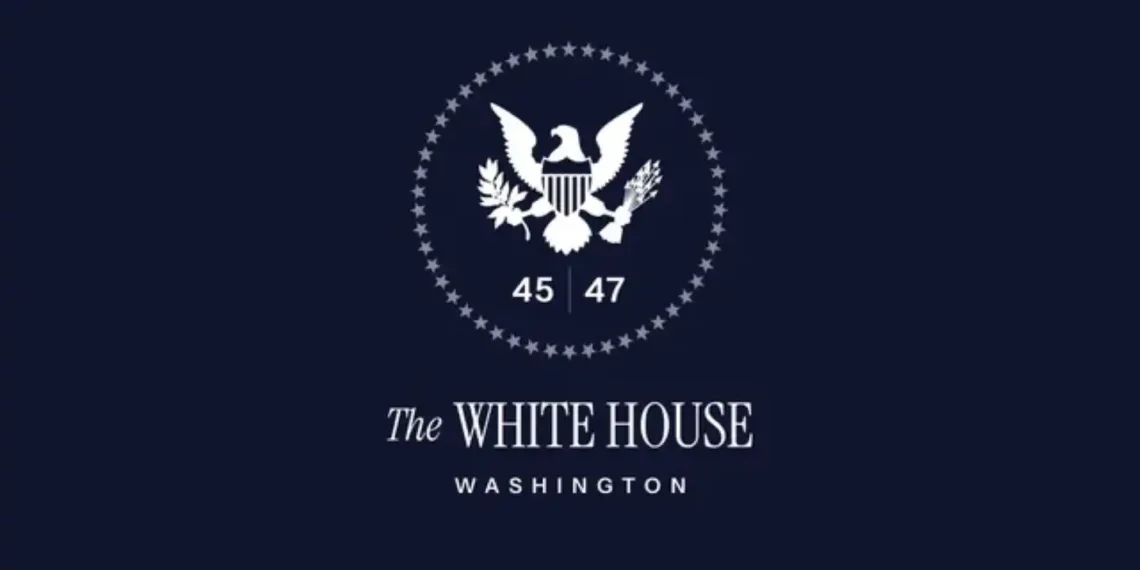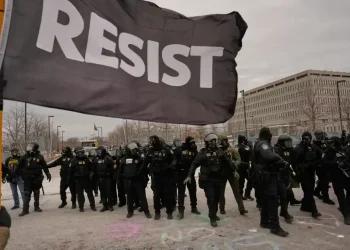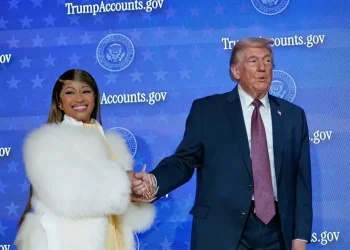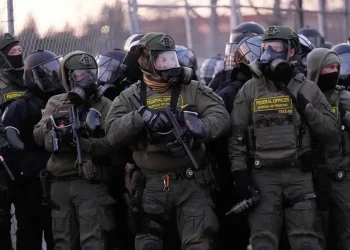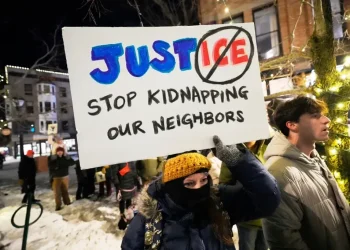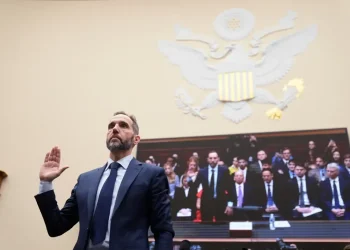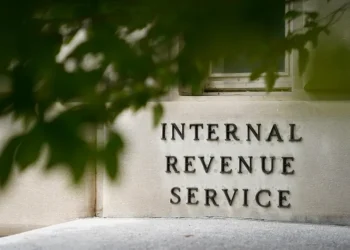Trump Reinstates Travel Ban on 12 Countries, Citing National Security Threats
Date: June 4, 2025
By: [The Daily Desk]
In a major policy move reminiscent of his earlier presidency, former President Donald Trump has signed a new proclamation restricting the entry of foreign nationals from 12 countries, with partial visa restrictions on 7 more. The administration says the action is necessary to protect the U.S. from terrorism and public safety threats.
The travel restrictions, which go into effect on June 9, 2025, are part of efforts to tighten immigration controls and strengthen national security protocols under Executive Order 14161.
Countries Facing a Full Travel Ban — and Why
The following 12 countries are subject to a full entry ban due to failures in sharing identity data, cooperating on vetting processes, or concerns about terrorism and instability:
1. Afghanistan
Ongoing instability and lack of central government control make background checks unreliable.
2. Burma (Myanmar)
Internal conflict and limited information-sharing capabilities raise major red flags.
3. Chad
Fails to meet U.S. standards for sharing criminal and terrorist data.
4. Republic of the Congo
Weak biometric data systems and inconsistent identity verification processes.
5. Equatorial Guinea
Inadequate information sharing and poor record-keeping capabilities.
6. Eritrea
Refusal to cooperate on security vetting and persistent human rights concerns.
7. Haiti
Unstable governance, increasing gang violence, and lack of secure documentation.
8. Iran
Designated state sponsor of terrorism; no diplomatic relationship to facilitate security vetting.
9. Libya
Ongoing civil unrest and the presence of terror groups make identity checks unworkable.
10. Somalia
Inability to manage extremist threats (like al-Shabaab) and poor national ID systems.
11. Sudan
Recent coup and political instability have eroded security cooperation.
12. Yemen
Active terrorist networks and civil war undermine safe travel and vetting.
Countries Facing Partial Restrictions
Seven other nations are not fully banned but will face tightened visa controls or enhanced vetting requirements:
- Burundi – Insufficient security data-sharing capabilities.
- Cuba – National security concerns and lack of transparent cooperation.
- Laos – Weak passport integrity and limited biometric infrastructure.
- Sierra Leone – Gaps in identity management systems and passport security.
- Togo – Inadequate vetting procedures.
- Turkmenistan – Corruption and refusal to share traveler information.
- Venezuela – Collapsing civil infrastructure and restricted diplomatic cooperation.
Who’s Still Allowed to Enter?
There are exemptions built into the policy. The following groups will not be affected:
- U.S. lawful permanent residents (green card holders)
- Individuals with valid visas issued before June 9, 2025
- Certain visa types, including diplomatic and humanitarian categories
- Travelers whose entry is in the U.S. national interest
Trump’s Justification and Recent Catalyst
President Trump linked the proclamation to the recent mass shooting in Boulder, Colorado, allegedly carried out by an Egyptian national. While Egypt is not among the restricted countries, the incident has intensified scrutiny around vetting procedures and was cited as an example of the consequences of insufficient security checks.
The administration argues that this policy is not about targeting any one religion or region, but about protecting American lives by blocking entry from countries that don’t meet U.S. security standards.
What Happens Next?
The White House says the restrictions are not permanent. Countries can be removed from the list if they:
- Improve identity management systems
- Share criminal and terrorist data more consistently
- Cooperate with U.S. intelligence and immigration authorities
International Reaction
The announcement has already sparked mixed reactions:
- Somalia expressed willingness to work with the U.S. to improve compliance.
- Venezuela condemned the policy, calling it a “fascist” move.
- Human rights groups warn it may trigger discrimination lawsuits, much like the 2017 travel ban that was challenged in court but ultimately upheld by the U.S. Supreme Court.
Final Thoughts
This latest travel ban highlights Trump’s ongoing emphasis on national security through immigration policy. Whether viewed as a protective measure or a discriminatory tactic, its impact on global relations, migration patterns, and domestic debate is sure to be substantial.
This article was rewritten by JournosNews.com based on verified reporting from trusted sources. The content has been independently reviewed, fact-checked, and edited for accuracy, neutrality, tone, and global readability in accordance with Google News and AdSense standards.
All opinions, quotes, or statements from contributors, experts, or sourced organizations do not necessarily reflect the views of JournosNews.com. JournosNews.com maintains full editorial independence from any external funders, sponsors, or organizations.
Stay informed with JournosNews.com — your trusted source for verified global reporting and in-depth analysis. Follow us on Google News, BlueSky, and X for real-time updates.
